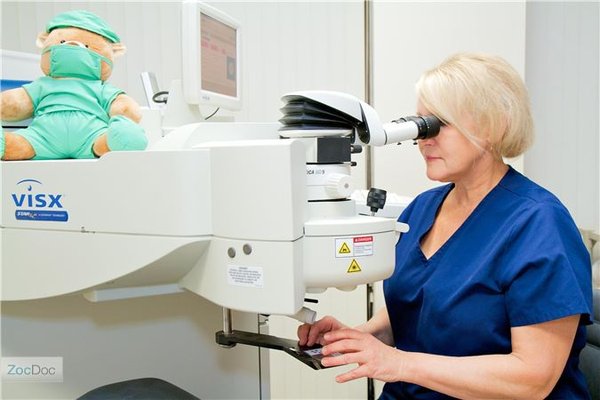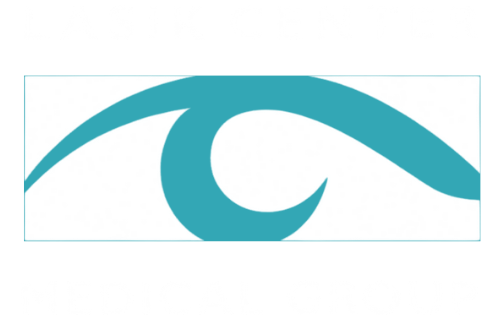Decoding the Cost of Eye Surgery: A Comprehensive Guide
When it comes to maintaining our vision and eye health, sometimes surgery becomes a necessary solution. However, one crucial factor that often concerns individuals is the cost of eye surgery. In this comprehensive guide, we will dive deep into the various factors influencing the cost of eye surgery, different types of procedures, and provide insights to help you make an informed decision.
Understanding the Factors Impacting Eye Surgery Costs:
The cost of eye surgery can vary significantly based on several factors. These factors include the type of procedure, geographical location, the reputation and expertise of the surgeon, facility fees, pre and post-operative care, and any additional specialized equipment or technology required.

Types of Eye Surgeries and Their Costs:
LASIK: Laser-Assisted in Situ Keratomileusis (LASIK) is a popular refractive surgery to correct vision. The cost typically ranges from $1,500 to $3,000 per eye, depending on various factors mentioned earlier.
Cataract Surgery: Cataract surgery involves the removal of the cloudy lens and replacing it with an artificial one. The cost can range from $3,000 to $6,000 per eye, depending on the type of lens chosen and the complexity of the procedure.
PRK: Photorefractive Keratectomy (PRK) is an alternative to LASIK and can cost between $1,500 to $3,500 per eye.
Retinal Detachment Surgery: Repairing a detached retina can be a complex procedure, with costs ranging from $5,000 to $10,000 or more, depending on the severity and treatment required.
Glaucoma Surgery: Glaucoma surgeries, such as trabeculectomy or tube shunt surgery, may range from $2,000 to $6,000 or more per eye, depending on the procedure and surgeon’s expertise.
Insurance Coverage and Financing Options:
In some cases, insurance may cover a portion of the cost of eye surgery, especially if it is deemed medically necessary. It is crucial to consult with your insurance provider to understand coverage details and any out-of-pocket expenses. Additionally, various financing options, including healthcare credit cards or installment plans offered by providers, can help manage the cost of eye surgery.
Considerations beyond Cost:
While cost is an important consideration, it should not be the sole factor influencing your decision. Remember to prioritize the expertise and reputation of the surgeon, the quality of the facility, and the potential long-term benefits of the procedure. Vision is invaluable, and choosing a skilled professional can significantly impact the success of your surgery.
Conclusion
The cost of eye surgery can vary depending on multiple factors, including the procedure, location, surgeon’s expertise, and associated fees. While it is essential to consider the cost, it is equally important to prioritize the quality and reputation of the surgeon and the facility. Don’t hesitate to consult with multiple professionals, ask for detailed pricing breakdowns, and explore insurance coverage and financing options. By understanding the factors influencing the cost and making an informed decision, you can pave the way for improved vision and a brighter future.
Remember, always consult with a qualified eye care professional to assess your specific needs and determine the most suitable course of action for your eye health.
